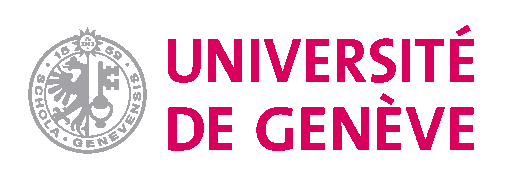
Integrated Risk Assessment and Management in times of Pandemic: IRAM 2.0
Our new project on Integrated Risk Assessment and Management in times of Pandemic (IRAM 2.0) stands from two assumptions. On the one side, COVID-19 has demonstrated the fragility of international, national, regional and local risk management systems and the need to improve risk planning, preparedness and communication strategies. On the other side, it thas also created an opportunity to drastically re-think and transform societal processes and policies to prevent future shocks originating not only from health, but also from other ongoing crises that are expected to generate extreme negative impacts, such as climate change and biodiversity loss. How can we avoid a climate and biodiversity “lockdown”? IRAM 2.0 aims at improving integrated risk assessment management (IRAM) capacities by focusing on the root causes, drivers, stressors and vulnerabilities in the health, biodiversity and climate systems. IRAM2.0 analyses also on how the root causes can act individually and synergistically. Funded in 2021 through the University of Geneva and University of Zurich strategic partnership call on “Shaping resilient and responsive societies and ecosystems in view of global crises”, the project will also provide the concept for an IRAM 2.0 citizen science and communication platform and recommendations for building resilience to systemic crises.
